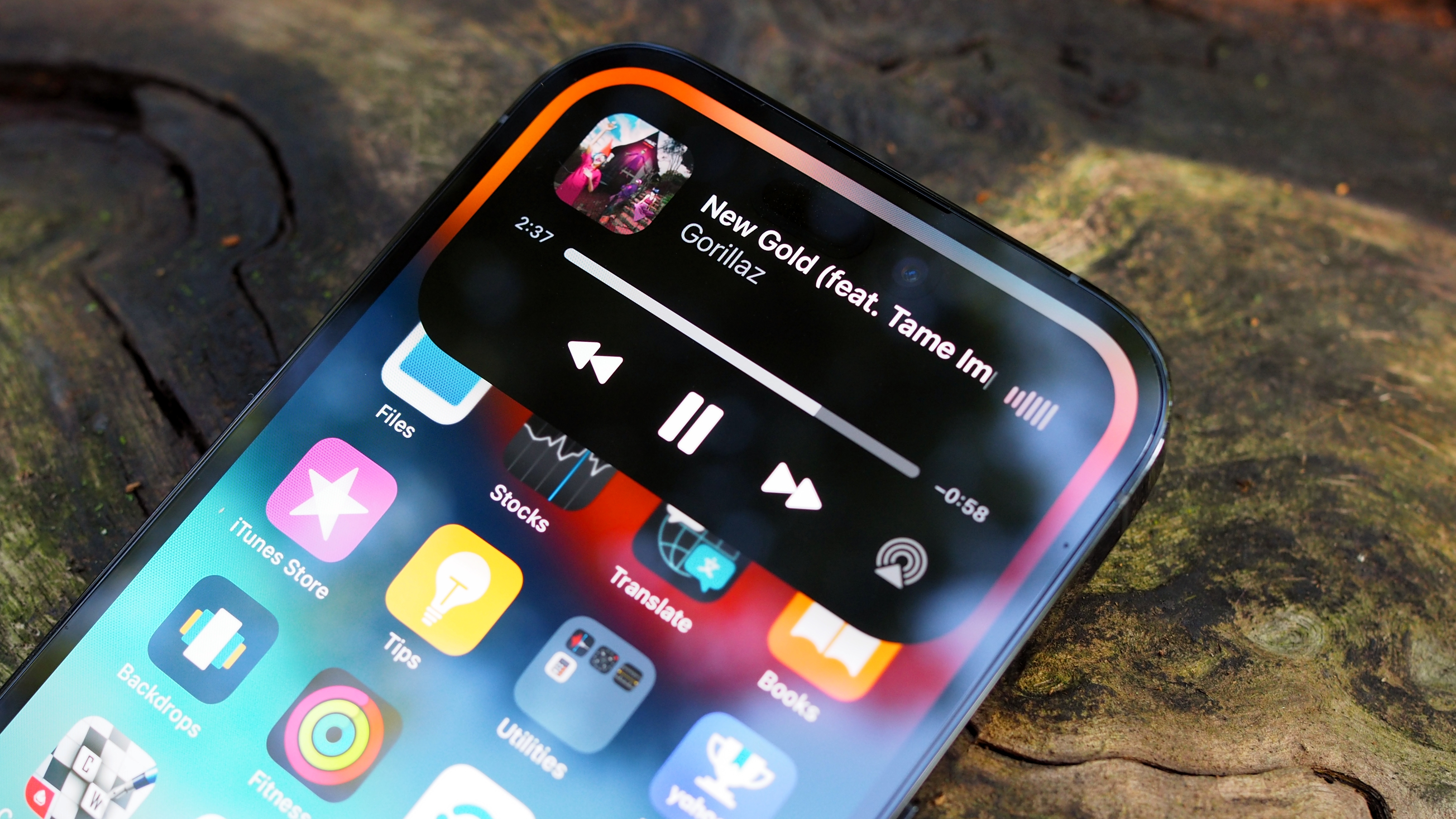iOS 17 could debut with third-party app stores at WWDC 2023
EU regulations could force Apple’s hand on controversial topic.

iMore offers spot-on advice and guidance from our team of experts, with decades of Apple device experience to lean on. Learn more with iMore!
You are now subscribed
Your newsletter sign-up was successful
Apple is widely expected to launch a new and improved version of its iPhone software, iOS 17, at this June’s WWDC 2023 event. Like clockwork, a yearly upgrade to the iPhone’s software feature set debuts at the annual developer conference, giving devs an overview of the new tricks and tools they’ll be able to build into their services and applications. But iOS 17 could mark a fundamental shift for the company, as it seems on the verge of opening up its smartphone to third-party app stores for the first time.
Reliable Apple tipster Mark Gurman states in his Power On newsletter that the ability to ‘sideload’ apps — pushing applications to devices from outside Apple’s official App Store — will be made possible due to new European Union regulations that Apple must comply with by next year.
The idea is to allow for more competition when creating applications for Apple’s dominant mobile devices, without being subject to Apple’s 15 to 30% fees (in theory) as part of the EU Digital Markets Act. Apple must comply by March 6, 2024, which makes WWDC the perfect time to reveal how the feature will work — even if it waits until the last minute to actually make the feature live. With this being an EU ruling, Apple has no obligation to follow suit elsewhere in the world, though if it proves popular other governments may feel obliged to implement similar rules.
Beyond the App Store
It’s not just the App Store that will be affected by the Digital Markets Act change. Messaging services like Messages and FaceTime will need changes as the new rules require interoperability between rival messaging platforms. Apple Pay alternatives using the NFC tech in iPhones, as well as more open access to the Find My Network for accessory and app makers, could also be forced upon Apple.
One of the most significant changes though also involves a requirement to allow for third-party payment systems within apps, bypassing Apple’s finance systems altogether. Should Apple not comply with the proposals of the Digital Markets Act, it can be fined as much as $80 billion — 20 percent of its overall revenues across the globe, and a hard fee to absorb even for a company as wealthy as Apple.
Apple’s defense against side-loading has always been the security of its devices and users — by keeping everything locked to Apple’s own in-house systems, it believes it can better protect the privacy of its customers, who may be exposed to hacks and scams if third-party sources don’t adhere to the same standards as its App Store. That battle may become moot however in the coming months, as Apple has little wriggle room but to follow the EU’s ruling, should it wish to continue trading in the market.
iMore offers spot-on advice and guidance from our team of experts, with decades of Apple device experience to lean on. Learn more with iMore!

Gerald Lynch is the Editor-in-Chief of iMore, keeping careful watch over the site's editorial output and commercial campaigns, ensuring iMore delivers the in-depth, accurate and timely Apple content its readership deservedly expects. You'll never see him without his iPad Pro, and he loves gaming sessions with his buddies via Apple Arcade on his iPhone 15 Pro, but don't expect him to play with you at home unless your Apple TV is hooked up to a 4K HDR screen and a 7.1 surround system.
Living in London in the UK, Gerald was previously Editor of Gizmodo UK, and Executive Editor of TechRadar, and has covered international trade shows including Apple's WWDC, MWC, CES and IFA. If it has an acronym and an app, he's probably been there, on the front lines reporting on the latest tech innovations. Gerald is also a contributing tech pundit for BBC Radio and has written for various other publications, including T3 magazine, GamesRadar, Space.com, Real Homes, MacFormat, music bible DIY, Tech Digest, TopTenReviews, Mirror.co.uk, Brandish, Kotaku, Shiny Shiny and Lifehacker. Gerald is also the author of 'Get Technology: Upgrade Your Future', published by Aurum Press, and also holds a Guinness world record on Tetris. For real.
